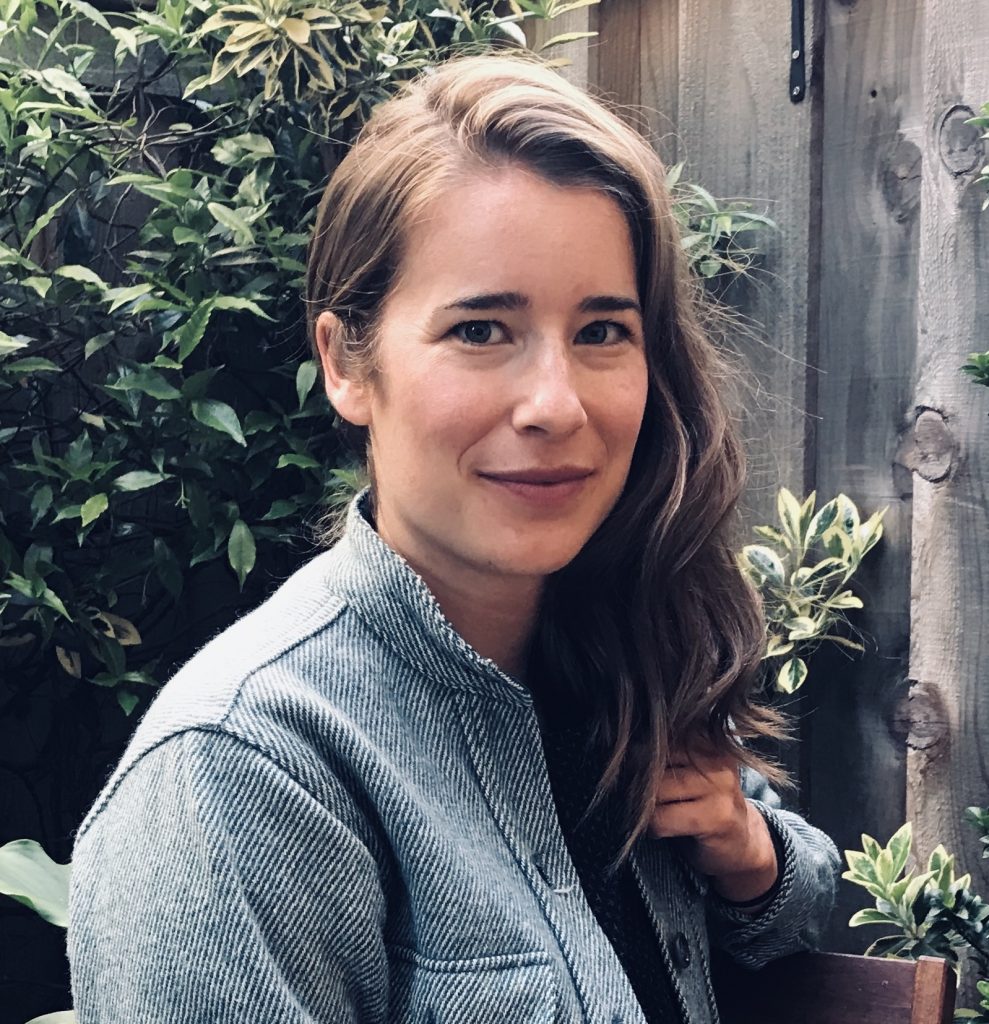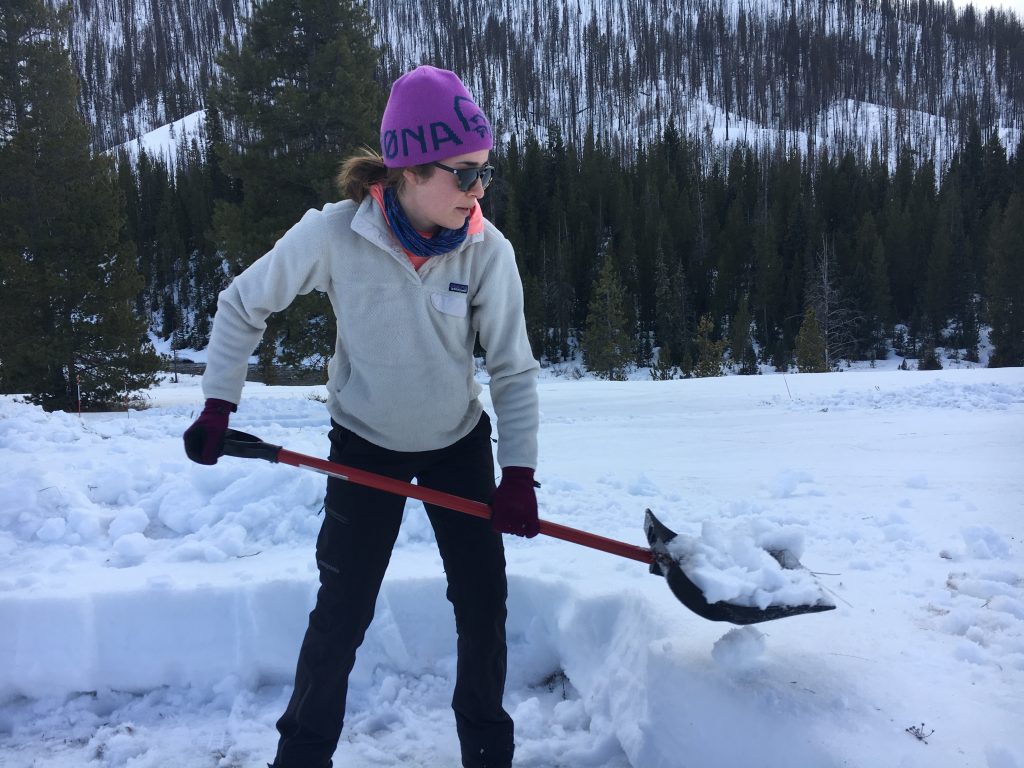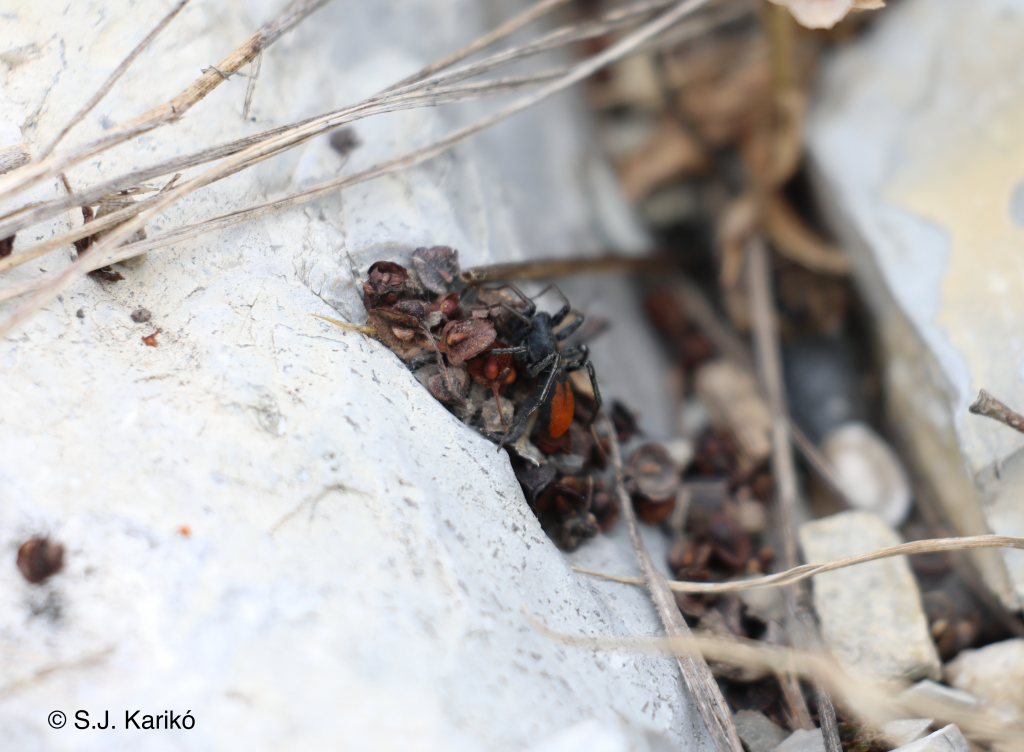
Feel free to contact Maggie at maggie.raboin @ berkeley. edu if you have questions or comments regarding the content here.
If any single idea defines (soon to be) Dr. Maggie Raboin in my mind, it would be independent thinker. Maggie has an incredible gift in bringing her own unique viewpoint, ideas, and vision to the table without ego and with the openness to explore those ideas wherever they go. She is willing to go out on a limb and be wrong. In my experience, this is an exceptionally rare trait and one that I find inspiring. One of the most fulfilling parts about being a PI is when someone in your lab takes you to places that you never thought you would go. It is a gift and Maggie’s work truly has made me think about conservation, climate change, and anthropogenic impacts in ways that I never thought were possible believing (erroneously) that I was only a behavioral ecologist interested in basic questions. Maggie’s personality shines through in everything she does from her passion for the outdoors/fieldwork, to her prodigious baking skills to her puzzling prowess, on and on. I’m very proud to have had the opportunity to serve as Maggie’s Ph.D. adviser and to have her as a colleague.
Damian O. Elias, associate professor, department of ESPM

About Maggie
Maggie Raboin is an ecologist and writer with a background in behavioral ecology, wildlife biology, and animal communication. She received her B.Sc in Wildlife Biology from the University of Montana and is currently working on her Ph.D. in Environmental Science Policy and Management at the University of California Berkeley. In addition to research, Maggie is involved in various teaching and outreach organizations and likes to spend her time in the mountains hiking, biking, and skiing.
Dissertation title:
Implications of Environmental Change for Arthropods in the Greater Yellowstone Ecosystem: Lessons from a Mound-building Spider

Maggie’s research seeks to uncover the ways that invertebrates are affected by human-created environmental change. Specifically, her work investigates the impact of anthropogenic noise and winter climate change on invertebrates in the Greater Yellowstone Ecosystem.
As a part of her dissertation, Maggie and her advisor, Damian O. Elias, wrote a review paper in the Journal of Experimental Biology about anthropogenic noise and invertebrate bioacoustics. In this paper, two overwhelming themes emerge. First, acoustics are incredibly important to terrestrial invertebrates – the ways in which they use sound are almost inconceivably diverse. Second, the ways that invertebrates and vertebrates sense and use sound are incredibly different. Thus, an appreciation of human-created noise in the natural world requires a recognition and more full understanding of invertebrate bioacoustics.

